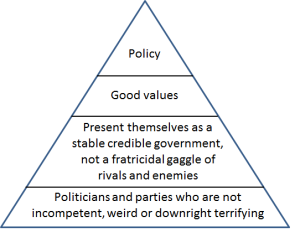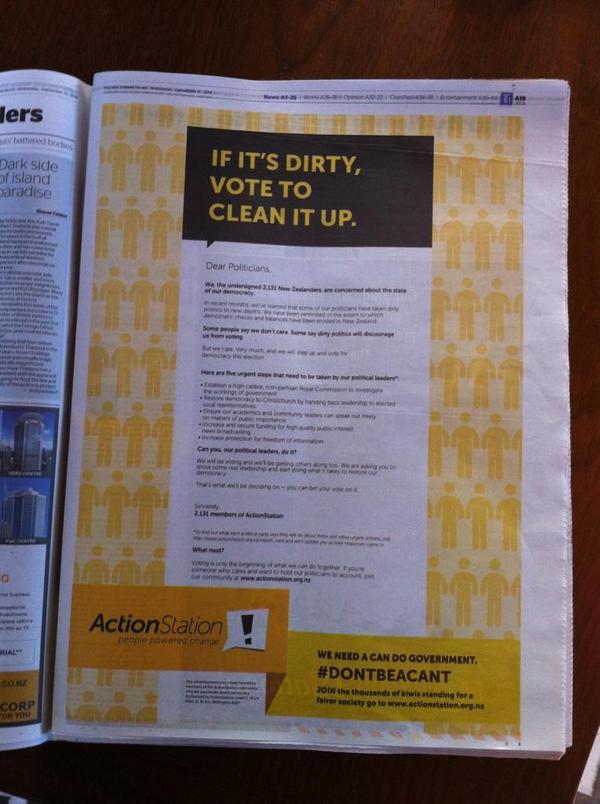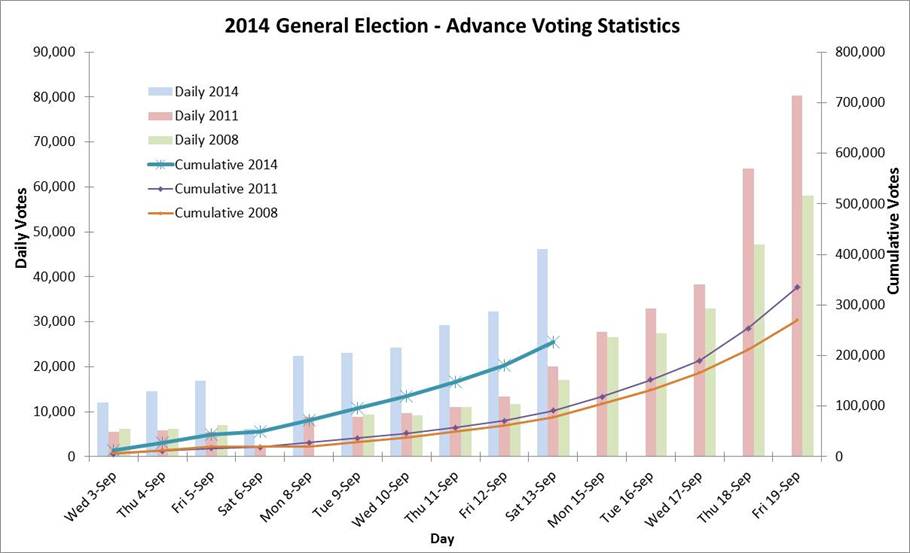Naturally, the british eagerly signed up as sidekicks in this counterproductive exercise, as did the Australians. So naturally, John Key "can't rule out" New Zealand getting involved:
New Zealand's elite Special Air Service (SAS) personnel are not yet on standby for deployment to combat Islamic State militants in Iraq or Syria, Prime Minister John Key says, but he won't rule out sending them if asked "as a last resort".
The US State Department has named New Zealand as one of more than 60 countries in the coalition supporting its efforts to counter Isis (Islamic State) but Mr Key yesterday said he hadn't yet received any requests for assistance.
However, he said that was probably partly because his Government hadn't yet been sworn in following this month's elections.
Asked whether he would send military personnel if requested, Mr Key said: "I can't rule out that there won't be because what you can see around the world is countries being asked to give support."
While I'd like to take his lack of enthusiasm at face value, we need to remember that this is a Prime Minister who sent kiwi soldiers to die in Afghanistan solely to suck up to the US. So, next week we'll probably be seeing kiwi soldiers getting on planes - because the National Party always puts America ahead of New Zealand.
It would be a mistake. This isn't our war, and there is no good to be done there. Meanwhile, joining in doesn't just mean the possibility of more dead soldiers; it also means becoming a terrorist target and potentially radicalising domestic opponents of our participation as well, as has happened across the Tasman. Key may think he can spy and oppress his way out of that, but that will impose significant costs to our democracy.
Rather than involving ourselves in another pointless American war, we should stay out of it. The contribution of a humane democracy should be aid to the victims, not soldiers to make more of them.



